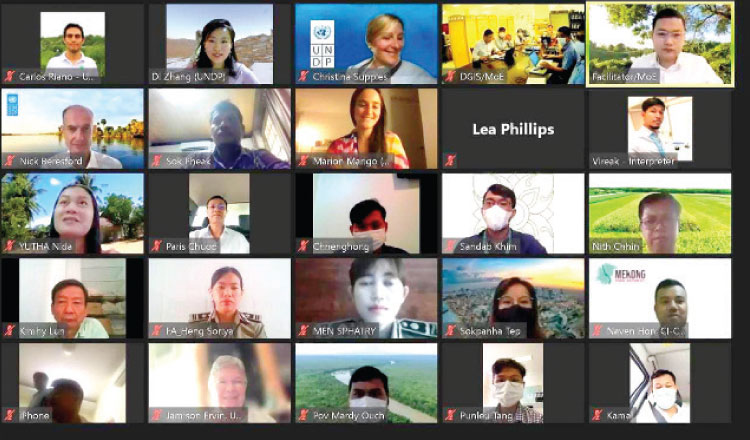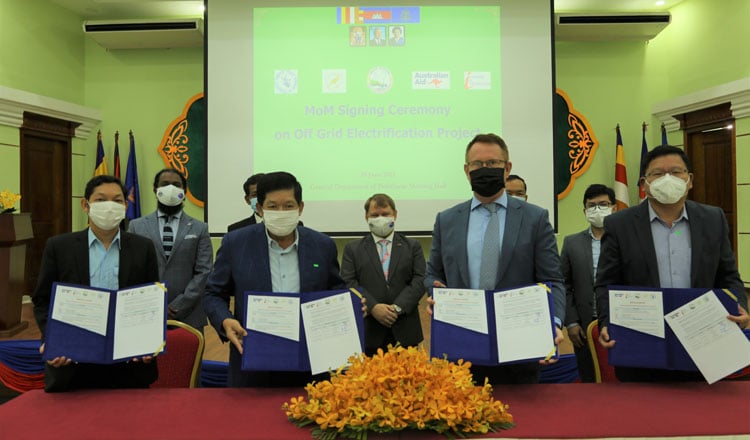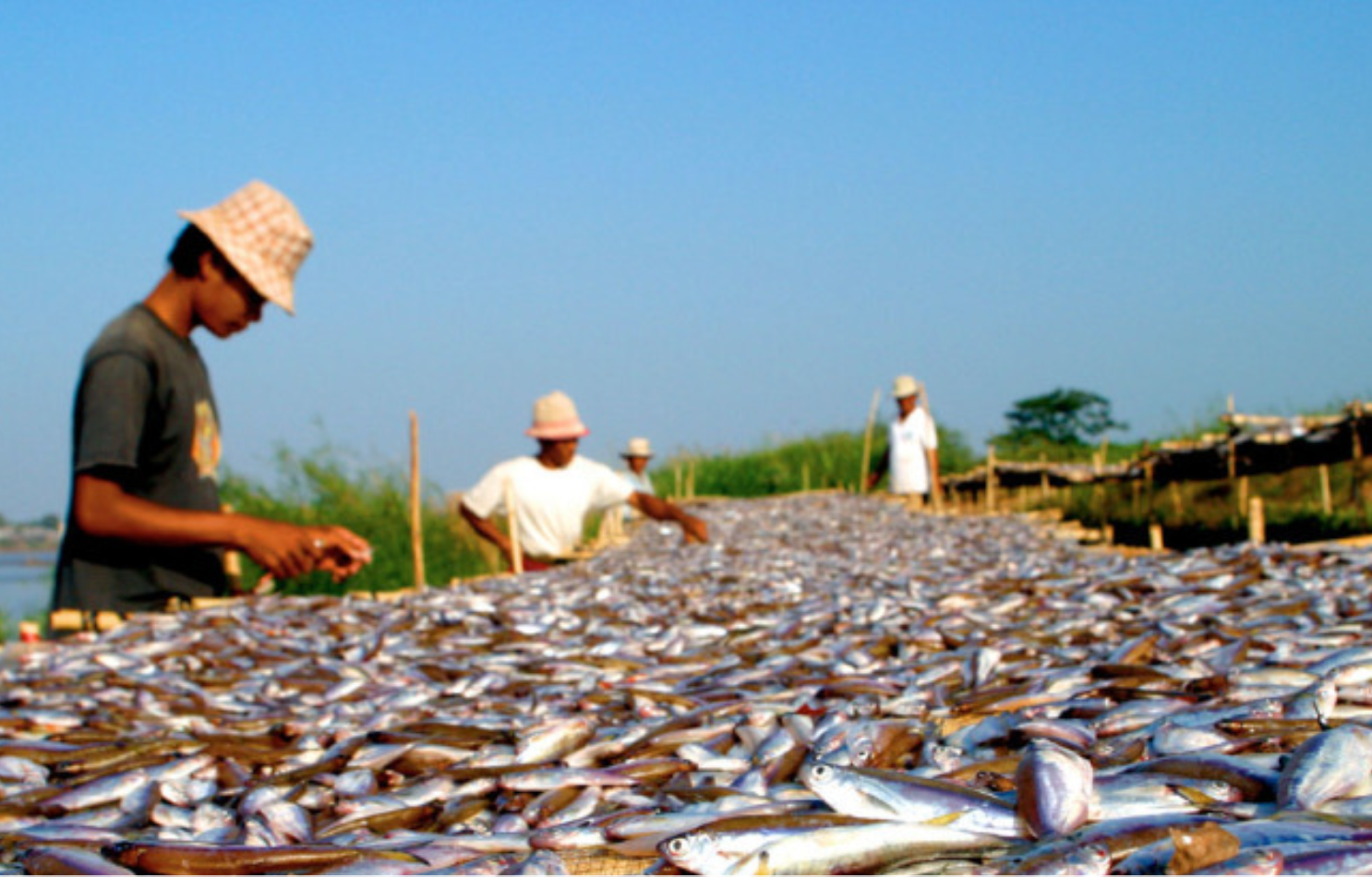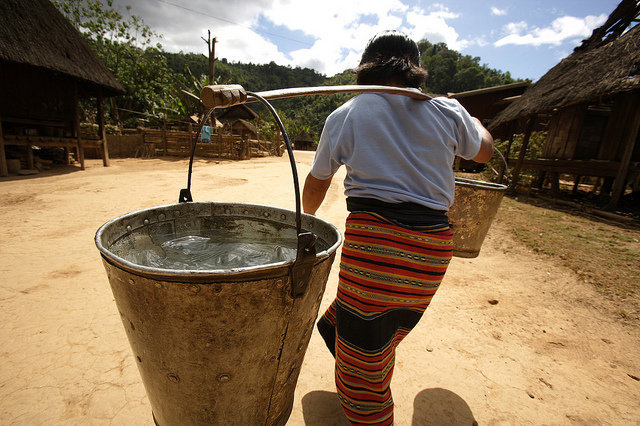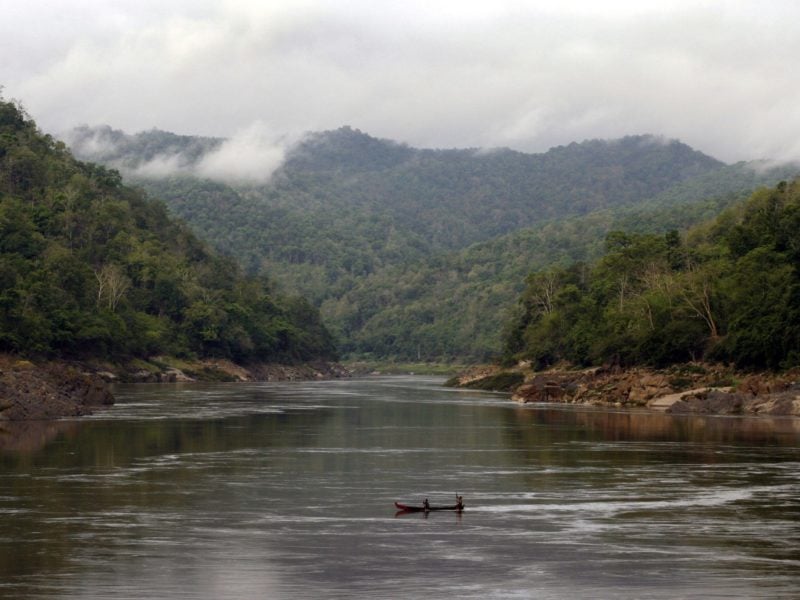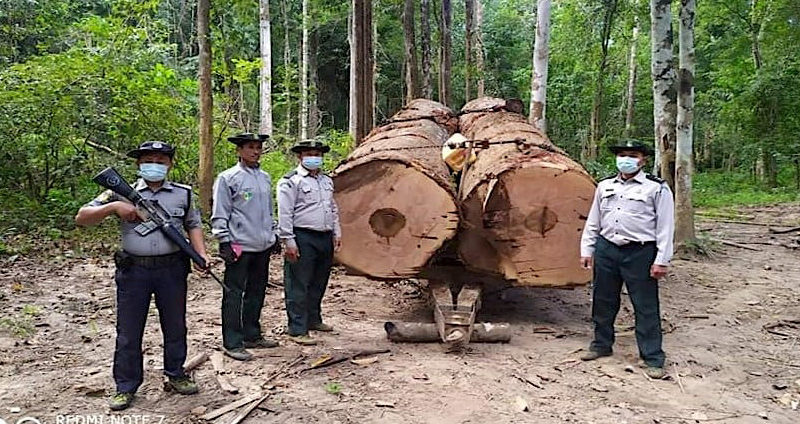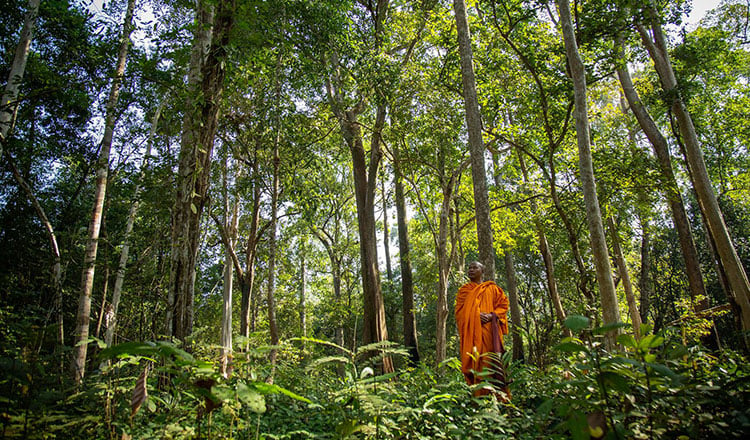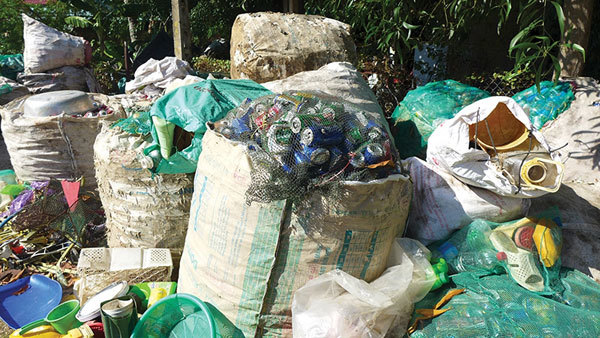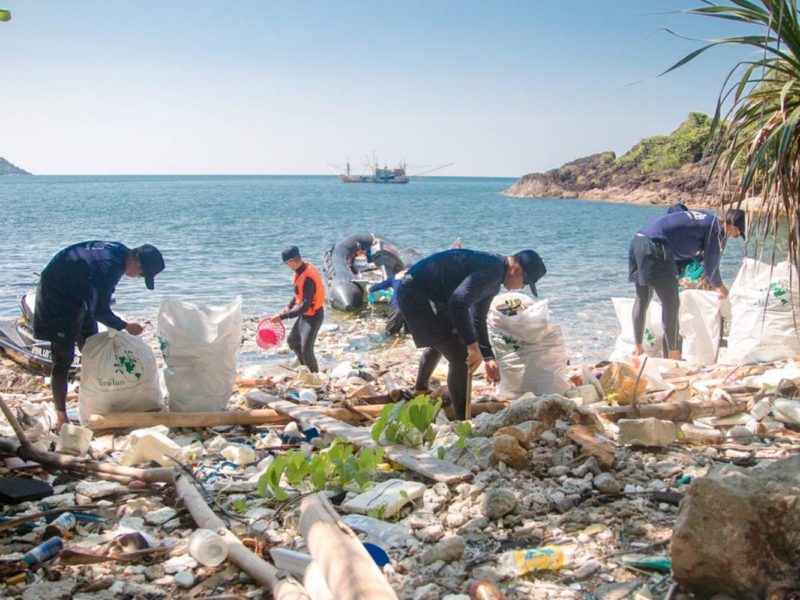Nearly 50 of Cambodia’s leading scientists and environmental policy experts are meeting with partners on the maps to locate where to protect, sustainably manage and restore nature to enable Cambodia to deliver on its strategic priorities around biodiversity, climate change mitigation, and sustainable development.
Category: Region
Selected environmental stories from media outlets in the Mekong region and beyond.
Australian mini-grids to power Cambodian villages renewably
The new project will provide up to about $1.55 million in grants over the next two years to stimulate private investment in renewable energy for locations that don’t have access to an electricity grid. Australia’s new near-$180 million Mekong-Australia Partnership (MAP) will fund the project.
Outcomes of 6th MLC foreign ministers’ meeting and bilateral meeting between Cambodian and Thailand
Cambodia’s Ministry of Foreign Affairs and International Cooperation issued a press release on the outcomes of the 6th Mekong-Lancang Cooperation Foreign Ministers’ Meeting and the bilateral meeting between Cambodian and Thai Foreign Ministers, held yesterday in Chongqing, China.
Mekong River dams cause foods and damages to farmers
Yanyong Srijaroen, WWF-Thailand Wetlands Project Manager stated that the operation of Chinese dams often involves the untimely and unexpected release of large amounts of water destroying the nests and eggs of young birds of the endangered species. Moreover, dams located at the source lead to salinization and the decline of fisheries, which affects the surrounding villages that depend on the river, as well as to its negative effects on crops because of the sediment that usually fertilizes crops at the top of the source.
Lancang-Mekong Sweet Spring Project brings Lao villagers safe drinking water
China is carrying out the Lancang-Mekong Sweet Spring Project to bring local villagers in northern Laos safe drinking water and to promote socio-economic development, the Chinese Consulate-General in Luang Prabang.
China’s Salween plans in limbo in post-coup Myanmar
The Third Pole explores how the military coup will affect Chinese-backed dams along Southeast Asia’s last free-flowing river
Myanmar junta to sell more timber in search for hard currency
Myanmar’s military regime will hold further timber auctions on June 23 and 24 as it seeks to raise hard currency to fund its coup. Three separate auctions were held in late May in which nearly 10,300 tons of timber were sold for around US$5 million (8.2 billion kyats).
Last great forest in Oddar Meanchey under attack, more resources needed
Sang Rukhavoan Community Forest in Oddar Meanchey province is under attack by poachers and tree-grabbers who have increased their criminal activity since February, according to Bun Saluth, a forest protector appointed by the government and former monk.
Vietnam takes action to clean out ocean environs
Vietnam is determined to reduce marine plastic litter by 50 per cent. The country also aims to collect 50 per cent of abandoned, lost, or discarded fishing gear, such as fishing nets, and to prevent the use of single-use plastics and non-biodegradable plastic bags in 80 per cent of coastal tourism areas, tourist attractions and accommodations, and other coastal tourism service areas.
Disparity worsens ocean pollution
Ocean plastic pollution is threatening humanity and Thailand cannot escape the blame as one of the world’s worst marine polluters. Although the government has pledged to tackle marine pollution, one thing is certain. Success is out of reach if the state authorities fail to engage local communities as equal partners.


